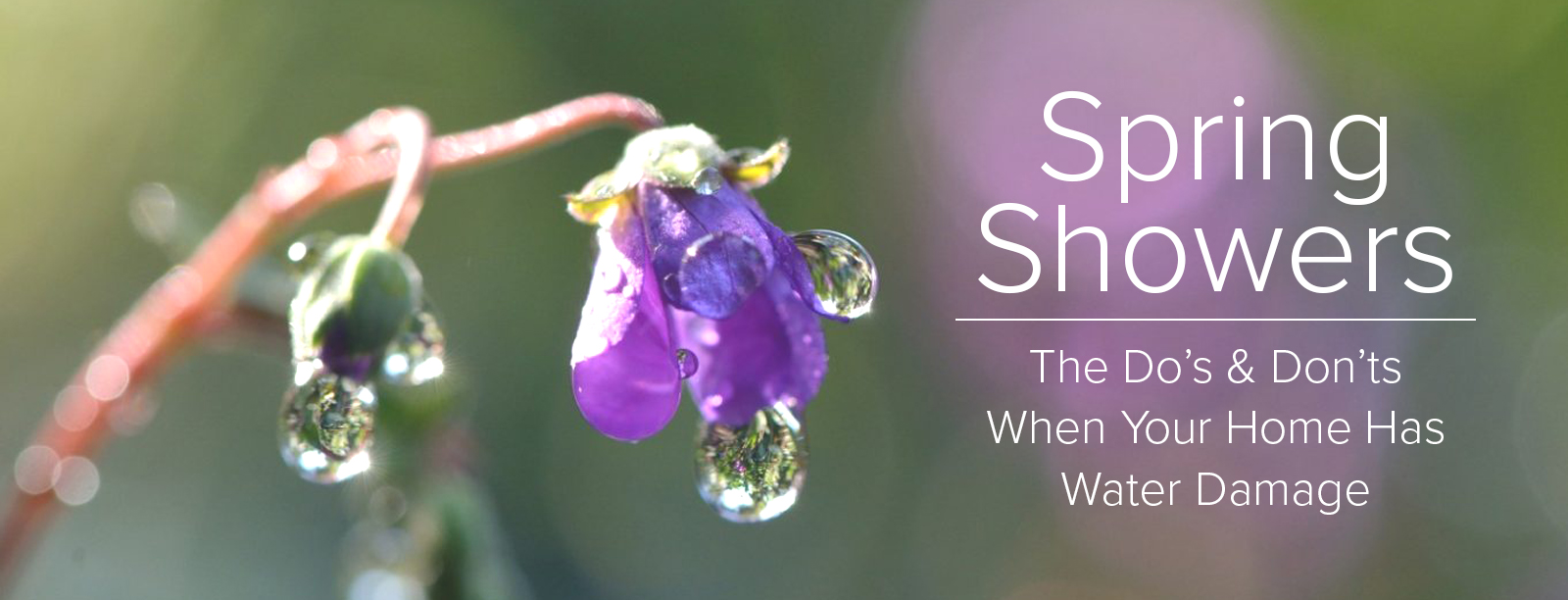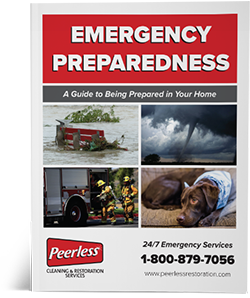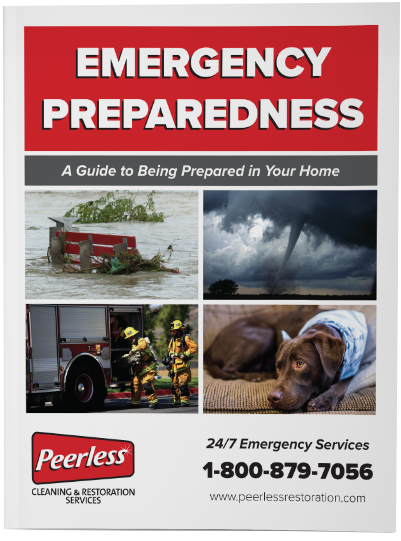Spring Showers: The Do’s & Don’ts When Your Home Has Water Damage

Oh, the infamous spring showers. They can be cool and refreshing or your worst nightmare. A soothing light rain between the hours of 1:00am and 5:00am is just what the doctor ordered for greening grass and growing flowers. The hypnotizing sound can induce a great night’s sleep as you dream of flowers opening up as the sun rises and happy Chickadees singing their morning song.
OR… dark clouds overtake the sun like a cunning jaguar hunting its prey as thunder explodes and lightning crackles over head. The rain pounding on the windows isn’t exactly a welcoming sight but the waterfall seeping down the basement wall and the indoor pool which is rising from the failed sump pump is enough to make you sick to your stomach. The water on the concrete floor wasn’t a perfect scenario but as it creeps across the room, overtaking the carpet and is reaching out for the sofa and entertainment center your blood pressure really begins to rise.
Everything’s gonna be fine – just call Peerless! While this sequence of events may be new to you, we see it every day and have the equipment and experience to get you dried out and back to normal usually within just a few days. Here’s a list of do’s and don’ts while waiting for the professionals to arrive. These items can not only save you money but can help minimize damage to your property.

Do:
• Remove and secure small furniture items as possible to minimize rust or stains and expedite restoration.
• Place aluminum foil under legs of wood furniture, especially antiques that may permanently stain carpet.
• Remove books, shoes, paper goods, fabrics, potted plants or other items that may stain the carpet (check especially under beds and in closets for these items).
Don’t:
• Use power outlets near where water has been since electrical shock may result, as well as damage to the equipment itself.
• Place newspaper on wet surfaces because newspaper ink transfers easily.
• Activate the HVAC system if it has been directly contacted by water, or if it might serve as a means of spreading contamination.



